Activated charcoal has surged in popularity across the beauty industry recently. You’ll encounter it in everything from facial cleansers and shampoos to soaps and exfoliants.
Because it’s thought to pull bacteria and impurities from the skin, activated charcoal is also commonly added to face masks.
Whether you want to enhance your complexion or combat acne, here’s an overview of how activated charcoal might help your skin and some additional practical uses for this ingredient.
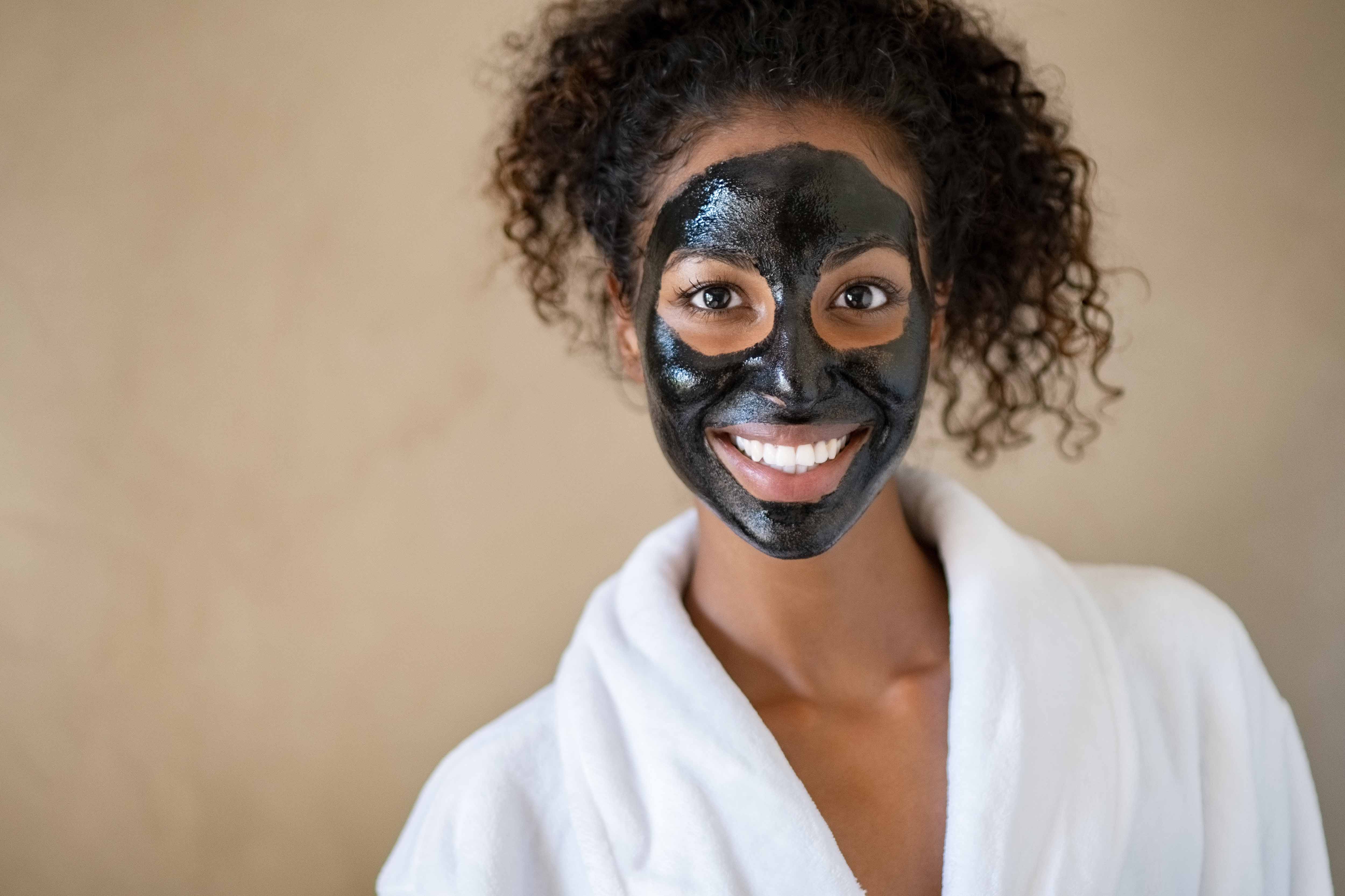
What is activated charcoal?
Activated charcoal, sometimes referred to as activated carbon, is a fine black powder made by heating ordinary charcoal to very high temperatures. This treatment creates numerous internal pores and tiny spaces in the charcoal, making it extremely absorbent and capable of trapping chemicals and toxins.
Although it’s a form of charcoal, activated charcoal is not the same as the charcoal used on a backyard grill.
Potential benefits of a charcoal mask
Scientific research on the skin benefits of activated charcoal is limited, so many claimed advantages of charcoal masks are supported mainly by anecdotal reports.
A charcoal mask may:
Remove impurities from the skin
Due to activated charcoal’s absorbent properties, some skincare professionals believe a charcoal face mask can help pull impurities from the skin.
Anecdotal accounts suggest that by removing trapped dirt and bacteria, using a charcoal face mask can promote a clearer, healthier-looking complexion.
Help with acne
Acne develops when dead skin cells, oil, and bacteria become trapped in pores. Acne-causing bacteria can lead to pimples and other inflammatory lesions, causing redness, swelling, and irritation.
The purported antibacterial action of activated charcoal may help lift bacteria out of pores, which could reduce acne and improve overall complexion.
Soothe insect bites
Insect bites and stings frequently produce itching and swelling. Anecdotal evidence suggests activated charcoal may ease the discomfort of a bite by neutralizing toxins present in insect venom.
Are there risks associated with using a charcoal mask?
Research on the risks of charcoal face masks is sparse. Generally, these masks seem safe when used appropriately, though excessive use can cause dryness, redness, and increased sensitivity.
Before applying a charcoal mask to your entire face, it’s wise to patch-test it on a small area, such as the inside of your elbow. If no itching or redness appears within several hours, it’s likely safe for facial use.
How to apply a charcoal mask
- Cleanse your face before applying the mask. A clean surface allows the mask to better reach your pores.
- Spread the mask evenly across your face — forehead, cheeks, nose, and chin. Gently work the mask into your skin with your fingertips or a soft brush. Avoid contact with your eyes.
- Let the mask dry for about 15 minutes, then rinse thoroughly with warm water.
- Pat your face dry and follow with a facial moisturizer.
How often should you use a charcoal mask?
Like other facial masks, it’s generally best to use a charcoal mask once or twice weekly. If your skin is sensitive or feels dry after use, limit application to once a week or every other week.
Since the mask requires around 15 minutes to set, many people find it convenient to include it in their evening skincare routine.
If you prefer morning application, you can apply it before showering and cleanse it off afterward.
What to look for in a charcoal mask
You can create a charcoal mask at home or buy a ready-made product from a beauty shop or drugstore.
You can also shop for a charcoal mask online.
When selecting a premade mask, pick one with ingredients suited to your skin type.
- If your skin is oily, opt for a charcoal mask that contains clay. Clay may help absorb excess oil, clear pores, and reduce acne breakouts. For more on clay options, see clay mask benefits.
- If your skin is dry, choose a charcoal mask formulated with moisturizing components like hyaluronic acid, olive oil, or jojoba oil.
Different brands and varieties of charcoal masks include different ingredients, so read labels carefully before buying.
If your skin is sensitive, avoid masks that contain fragrances, artificial dyes, parabens, or other potentially irritating chemicals.
Other uses for activated charcoal
Activated charcoal isn’t only touted for its potential skincare benefits. It has applications as a natural treatment for several other issues, including:
- Treatment for poisoning. Activated charcoal can help prevent absorption of toxins in cases of poisoning and drug overdose.
- Lowering cholesterol. Because it can inhibit cholesterol absorption in the gut, some studies have suggested activated charcoal might reduce total cholesterol and LDL (bad) cholesterol by around 25 percent.
- Supporting kidney function. By aiding in the removal of toxins, research indicates activated charcoal may benefit people with chronic kidney disease.
- Relieving gastrointestinal symptoms.Limited research has found activated charcoal may ease gas and bloating.
The bottom line
Activated charcoal has become a prominent ingredient in beauty products in recent years. Although scientific evidence for its skincare benefits is limited, many users report favorable outcomes with charcoal masks, noticing clearer skin and an improved complexion.
For optimal results, select a charcoal mask tailored to your skin type that includes natural, gentle ingredients and is free from harsh chemicals, dyes, parabens, and perfumes. Alternatively, you can craft your own mask using all-natural components. If you want a DIY approach, this beauty skin care diy charcoal mask guide may help.
If you have very sensitive skin or specific concerns about the safety of activated charcoal, consult your doctor or dermatologist before trying a charcoal mask.

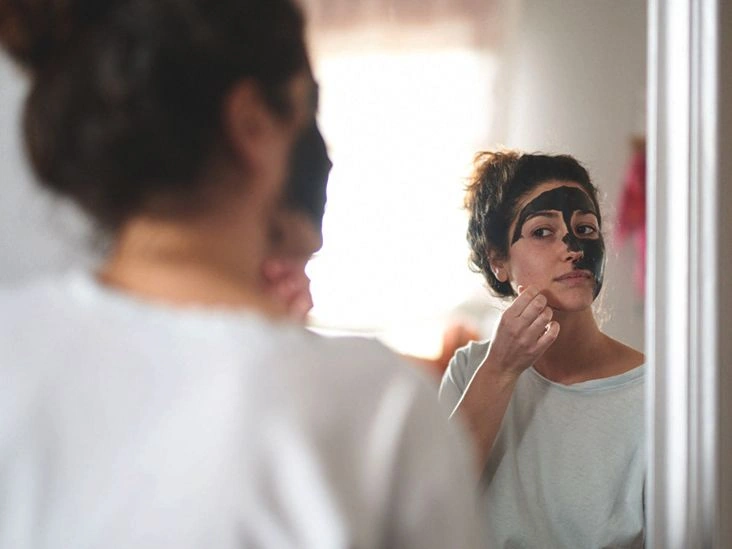


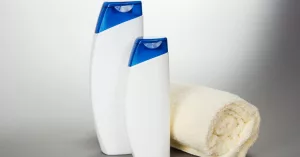
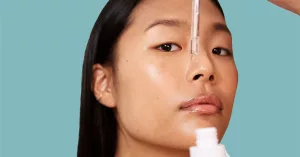




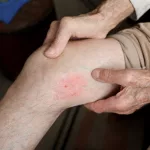





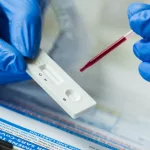

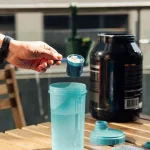
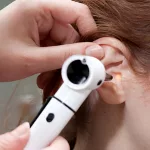

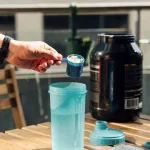



Leave a Reply
You must be logged in to post a comment.